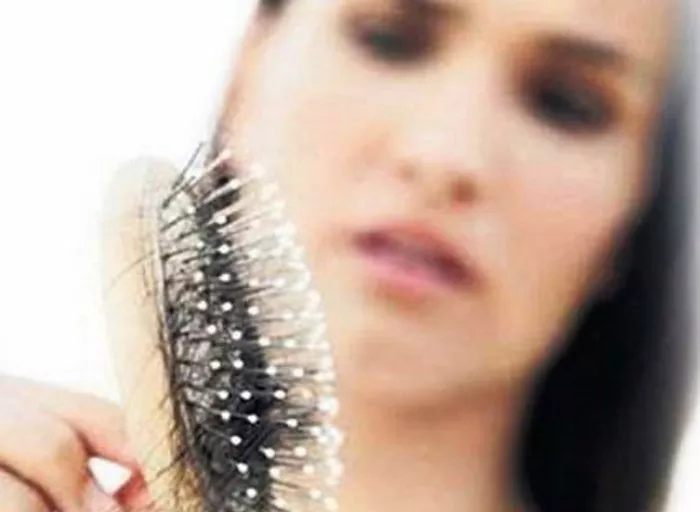Hair loss is typically associated with aging, but an increasing number of young individuals are experiencing this concern. Understanding the implications of hair loss at a young age is essential for early intervention and effective solutions. In this comprehensive guide, we will explore the various factors that can lead to hair loss in youth, the potential psychological effects, and strategies to address this issue. By shedding light on this topic, we aim to empower young individuals with the knowledge they need to combat hair loss confidently.
Hair Loss in Young People Phenomenon
Hair loss in young people is a growing phenomenon that can have various causes. Genetics, medical conditions, stress, and hairstyling practices contribute to this concern. Beyond the physical aspects, youthful hair loss can significantly impact self-esteem, confidence, and mental health. Seeking professional help through dermatologists and medical tests is crucial for diagnosis and appropriate treatment. Treatment options range from medications to lifestyle changes and even hair restoration procedures. Coping strategies like support groups and wigs can help young individuals navigate the emotional challenges associated with hair loss. Understanding the causes and available solutions empowers young people to address this phenomenon confidently.
See Also: 6 Ways to Prevent & Reverse Hair Loss from Crown: A Full Guide
Causes of Hair Loss in Young People
Hair loss in young individuals can result from a variety of factors, including:
1. Genetics: Hereditary factors play a significant role in hair loss, with conditions like male pattern baldness (androgenetic alopecia) and female pattern baldness affecting individuals as early as their late teens.
2. Medical Conditions: Certain medical conditions, such as thyroid disorders, autoimmune diseases, and hormonal imbalances, can lead to hair loss in young people.
3. Stress and Lifestyle: High levels of stress, poor dietary choices, and unhealthy lifestyle habits can contribute to hair loss at a young age.
4. Hairstyling Practices: Excessive use of tight hairstyles (e.g., braids or ponytails) and heat styling tools can damage hair follicles and lead to hair loss.
Psychological Impact of Youthful Hair Loss
Experiencing hair loss at a young age can have profound psychological effects:
1. Self-Esteem and Confidence: Many young individuals derive a significant portion of their self-esteem from their appearance. Hair loss can dent their confidence and self-image.
2. Social Withdrawal: Fear of judgment or embarrassment due to hair loss may lead to social withdrawal and decreased participation in activities.
3. Mental Health: Hair loss can contribute to increased stress, anxiety, and even depression in some cases.
Treatment Options for Youthful Hair Loss
The right treatment depends on the cause of hair loss:
1. Medications: For hereditary hair loss, medications like minoxidil and finasteride may be prescribed to slow down or reverse the process.
2. Lifestyle Changes: Improving your diet, managing stress, and avoiding damaging hairstyling practices can contribute to hair health.
3. Hair Restoration Procedures: In some cases, hair transplant procedures like Follicular Unit Extraction (FUE) or Follicular Unit Transplantation (FUT) may be considered.
Coping Strategies and Emotional Support
Coping with hair loss at a young age requires emotional resilience:
1. Support Groups: Joining support groups or seeking counseling can help you navigate the emotional challenges associated with hair loss.
2. Wigs and Hairpieces: Some individuals find comfort in using wigs or hairpieces to regain confidence in their appearance.
Conclusion
Hair loss at a young age can be a challenging experience, but it’s essential to remember that you’re not alone, and there are effective solutions available. By understanding the causes, seeking professional help, and exploring suitable treatment options, you can regain control over your hair health. Additionally, addressing the psychological impact through support groups and counseling can help you navigate the emotional aspect of hair loss. Remember, hair loss does not define your worth, and there are resources and strategies to help you look and feel your best at any age.


